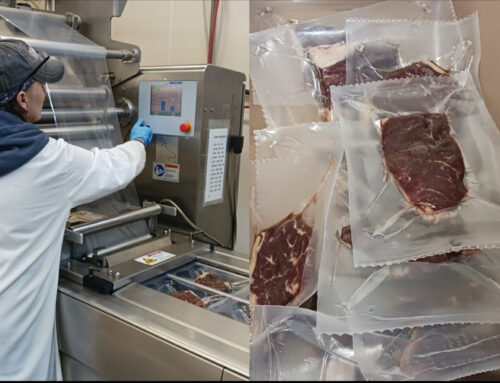Economic experiments offer economists an opportunity to test theoretical propositions in a controlled laboratory environment. Three main types of economic experiments include market, game, and individual decision-making experiments. Market experiments focus on the predictions of neoclassical price theory while game experiments test behavior predicted by game theory. Individual decision-making experiments test the effects of outside, random influences on individual decision-making.

Individual decision-making experiment
In this study, researchers analyze the role of individual decision-makers in organizational decision-making.
One of the core theories of this perspective, The Behavioral Theory of the Firm (BTOF), explains how organizational decision-makers interpret organizational performance feedback and respond with strategic actions. The theory predicts that organizations routinely engage in problemist search (a search for solutions) if organizational performance is below their aspirations and that they stop searching if their performance is above aspirations. Building on the BTOF, researchers analyze the influence of decision-makers on organizational responses to performance feedback. Managers in organizations can influence the performance feedback process through their individual experiences and they are motivated and controlled by incentives, which is another mechanism by which organizational decision-making can be influenced by individuals. While the Carnegie perspective acknowledges that decision-makers interpret performance feedback and initiate organizational responses, individuals are not as closely integrated to the organizational performance feedback process as some other (mostly organizational) conditions.
Recently, several intriguing empirical studies have addressed the role of experience and incentives in the performance feedback process. However, their cumulative effect remained impossible to assess. This study differentiates performance-based incentives (such as options and bonuses) from compensation (such as salary). Performance-based incentives address the agency problem and are designed to motivate decision-makers to increase risk-taking on behalf of the organization. Here, the influence of performance-based incentives is stronger than the influence of compensation.
Meta-analytic methods allow to assess the overall cumulative effect of these individual-level factors on organizational responses, which is not possible with other research designs that are constrained with specific individual-level variables and organizational responses studied. This study meta-analytically review 205 BTOF studies to test the hypotheses on the influence of decision-makers’ experience and incentives on organizational responses to performance feedback. Analyzed studies includes many diverse strategic actions, including organizational search, risk-taking, strategic change, and R&D intensity.
To test defined hypotheses, the recent meta-analyses in the organizational performance feedback and strategic management literature are followed to compare the effects of performance feedback models that included and excluded decision-makers’ job experience, domain expertise, performance-based incentives, and compensation in their analyses.
Results show that decision-makers’ job experience and domain expertise influence organizational responses to performance below aspirations, while incentives and compensation become relevant when performance is above aspirations. These results highlight the importance of individual decision-makers in explaining variations in organizational performance feedback decisions, offering exciting venues for psychology scholars to contribute to the Carnegie perspective.
Contributions
Results shown have important implications for practice. Since executives’ experience affects responses to feedback, it is important to carefully screen executives’ profiles during the selection and hiring processes. They are also relevant in executive development, in terms of raising awareness of the differences and levels of rigidity in individuals’ cognitive frames through specialized training.
Findings on incentives imply that organizational policy needs to create appropriate and adaptive incentives and compensation packages for executives. It is important to balance the advantages and drawbacks of increasing incentive: An increase in executives’ incentives may decrease their intrinsic motivation, decision-makers may become overly focused on their high pay reference points and, as a result, become less interested in learning from feedback. Incentives lead to less risk-taking when performance is above aspirations.
Source:
Daniela Blettner, Serhan Kotiloglu, Thomas G. Lechler (2023): Unfinished business: integrating individual decision-makers’ experience and incentives to organizational performance feedback theory. Frontiers in Psychology. Volume 14. https://doi.org/10.3389/fpsyg.2023.1166185






